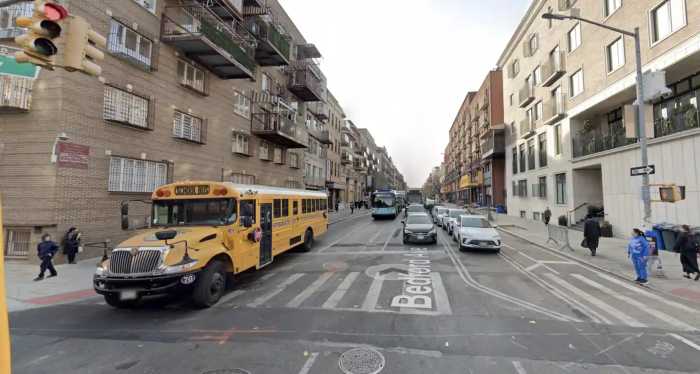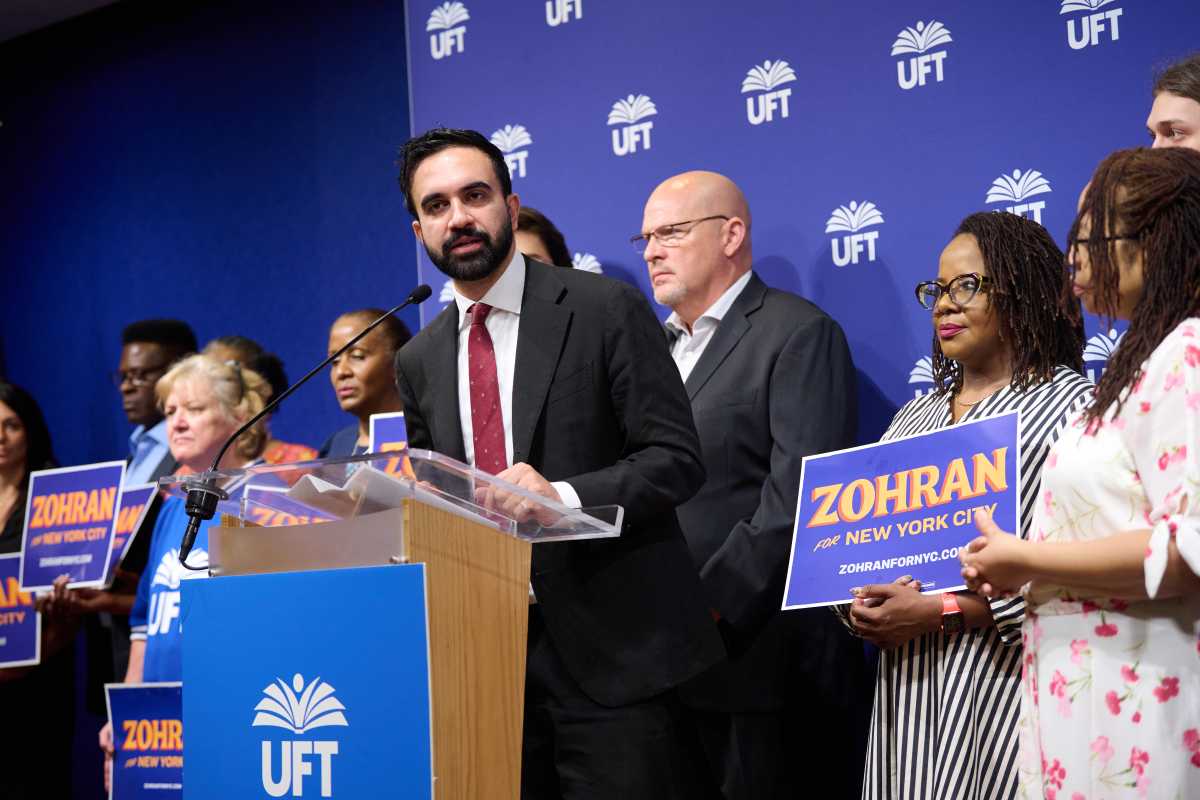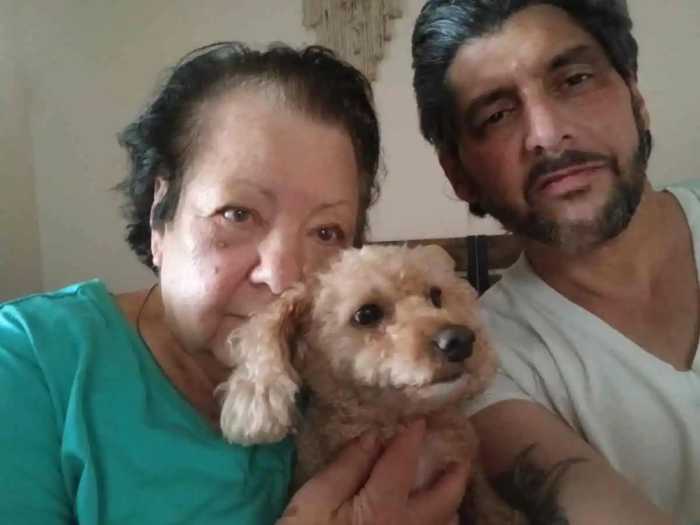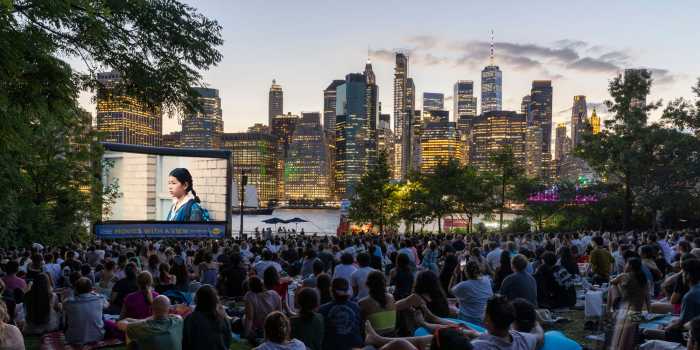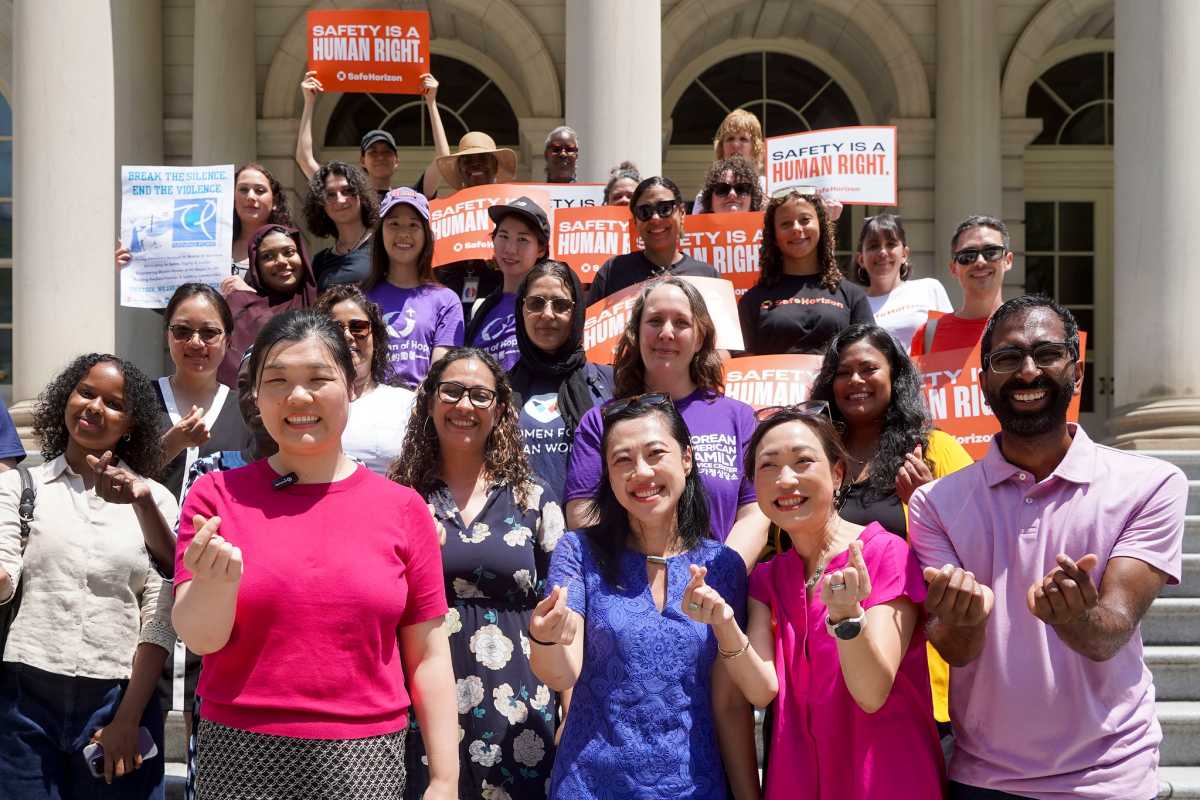I remember like it was yesterday.
I was in Virginia, at the FBI Academy in an undercover training class. They came into the class, turned the TV on and said, “A plane just flew into the towers.” We sat in the class just glued to the TV and once the second plane hit, they asked for all the New York agents to report, so we left the room.
They said “All right, we gotta figure out if we should go home or not.” Several of us said, “We don’t really care what you have to say, we’re going home.”
It took an hour or two before we were on our way back to New York, and I remember trying to get through on a cellphone, it was spotty, sometimes you could sometimes you couldn’t get through. Finally, I got through to one of my closest friends who’s still in the FBI — he’s been for over 30 years — my friend Robert, and I said “Robert what the hell’s going on?” And he said, “I think my sister’s dead.”
I’m the godfather of Robert’s children, and his sister is the godmother. I said, “Robert I’m so sorry.”
She has the same name as my sister, so I’m trying to get through to my mother to find out where was my sister cause I knew my sister lived in Lower Manhattan at the time. Eventually, I got through to my mother and my sister was fine, but Robert’s wasn’t. Robert said, “Go to the West Side highway you’ll know where to go when you get there.”
I reported directly to the pile that afternoon and out of instinct I just started on the bucket brigades. FDNY, NYPD, whoever was there was on bucket brigades, I just started on bucket brigades, literally digging with our hands. I remember I found the remains of a female hand and a bit of a torso on the second day. I remember with the torso, the FDNY ran over and said “Don’t touch!” They were rightfully protective of the body, because it could have been firefighter. We were all very respectful of each other.
The profound look on those walking away as I was getting to the scene, I’ve never seen anything like that, and I’ve been in combat, I’ve seen some pretty horrific things. When Flight 800 went down over East Moriches, I was an FBI agent on the midnight shift; as divers were bringing bodies out of the water, and I mean, kids, women, high school students, I was taking them out and bagging them up. So I’ve been through some pretty bad stuff, but this was so surreal, I’m never getting it out of my mind. Just that look in the eyes of a fireman or a cop, I’ve never seen that. They’re fearless in many ways. When you see them in action, when see them run into a building, they’re all business, and let me tell you, you don’t see fear in their eyes. If you ever watch them saving someone or rescuing a body or even just preparing a scene, they’re very confident and their training comes in, and it’s an intensity like, “Wow, I’m glad they’re here.”
But at the pile, what scared me was a look like they were broken in their eyes, they looked like they had lost everything.
I didn’t know what to do, other than what I was trained to do and help in any way I could. After the bucket brigade, I’d get a myriad of things from that. I was at the landfill sifting through stuff after the first week. I was dispatched to the Intrepid, which is where the FBI was stationed. The very first night or two, they had us in some undisclosed garage, where we used to bring up FBI cars on the West Side Highway to get fixed, but that wasn’t big enough, so then they moved us to the Intrepid and we were doing leads out of there. The hot line would come in and they’d say, “Hey I think this person has ammunition in their house, go out and interview them!” It was the craziest leads you could ever imagine, and it was everything under the sun, but we had to follow up on everything. So I did a little bit of everything from time on the pile, then I was back at the pile after following leads, we were trying to rotate people, so that you wouldn’t have too much time on pile because it takes its toll.
We would literally still check as the trucks were leaving with flashlights to see if there was any evidence or remains and call the response team. We had the response team that collects evidence and if we found anything we didn’t touch it, we’d have them come over, they’d bag it, took photographs, all that stuff. But for those first few days, it was none of that, whatever we found, we did it ourselves.
I was on the pile for a total of six weeks all together, the landfill for a week.
For those first few days, we didn’t say anything, it was crazy. We’d go back and shower after 15-16 hours and come right back. No one wanted to do anything else, nobody wanted to leave.
The smoke was incredible, it just kept coming up from the ground. The first sight that I saw coming from the West Side Highway was a police car that was crushed in. I’m thinking, “Oh my God…” You would have thought it was an earthquake, you would think it was that type of devastation.
You kind of lose track of time, it seems like you never left. The first few nights, I didn’t really go home. I stayed, and took time out of my day to go with Robert to the different makeshift morgues so he could bring his sister’s hairbrush and leave DNA to see if she was found. That’s a part that sticks with me. The people, the hopelessness in the people showing up at these morgues looking for their wives, their daughters, their sons, tremendous.
They never found her.
It affected everyone differently, but it affected everyone. That’s the thing about it. It didn’t matter who you were, I don’t care if you’re the most liberal or the most conservative, it affected you some way. You didn’t walk away from that experience without having your life being changed in some way.
Republican Rep. Michael Grimm represents Bay Ridge and Dyker Heights in Congress.



